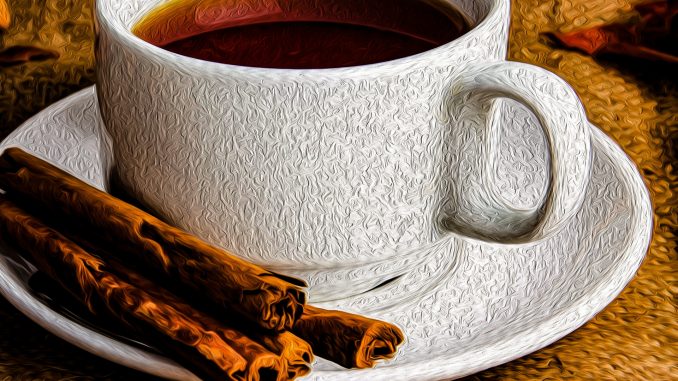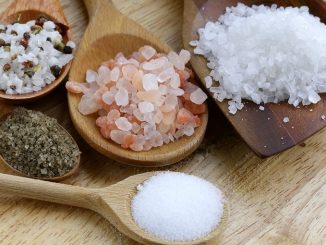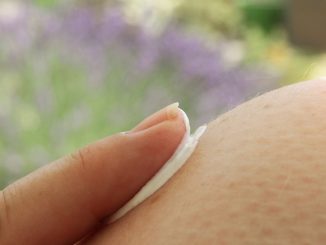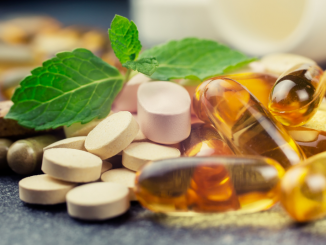
Birch is a tree known for its medicinal properties, being used for therapeutic purposes. In today’s article we will discover more interesting facts about this wonderful plant, which has been used in alternative medicine for centuries!
Birch
This tree (Betula alba, Betula pendula, Betula verrucosa) has a white and smooth bark and grows to a height of 30 m. Specialists say birch leaves have mainly flavonoids and other chemicals and resins. The leaves of this tree contain large amounts of vitamin C and are used in the manufacture of medicines.
Birch-based remedies are used for urinary tract infections that affect the kidneys, bladder, ureters and urethra. Also, as a medicinal plant, birch is used as a diuretic, to increase diuresis (producing and eliminating urine).
Experts say birch leaves contain chemicals that increase urine removal, and some people resort to birch remedies to “clean” the urinary tract.
Tea from birch bark is also used as a natural remedy, but it is better to talk to your specialist before using this type of products. Birch is also known to have diuretic and anti-demymetal properties.
Certain birch chemical compounds (especially rich in flavonoids) are known to increase diuresis, meaning that the volume of urine eliminated is higher and thus eliminating other undesirable substances in the urine.
You can try drinking a birch bark tea with ginger. A tablespoon of freshly grounded ginger helps activate the nutritional benefits of birch and gives a nice flavor to this tea.
Ingredients: birch bark tea, ginger, stevia or honey (optional).
Preparation: Grate a piece of ginger chopper and mix it with birch bark in a small pot. After it boils, allow the tea to cool down while the ingredients infuse, placing a lid on the pot. If you want to, you can sweeten the tea with a little honey or Stevia to taste.
Birch infusion
If you prefer, you can prepare the birch leaves – which are known to have a rich flavonoid content – directly as an infusion. Use 2 teaspoons of leaves in a cup of hot water. When the infusion temperature reaches 40 degrees Celsius (you can use a thermometer), add a little sodium bicarbonate. Wait for 6 hours, and then drink as much as your doctor or phytotherapist recommends to take advantage of this tea’s diuretic properties.
Precautions
Pregnancy and breast-feeding – There is insufficient information about the safety of administering birch remedies if a person is pregnant or breastfeeding. It is best to avoid using birch remedies if you are pregnant or breastfeeding.
Allergies – Birch pollen may cause allergies to people who are susceptible to certain plants, such as carrot and celery. Birch pollen may also cause allergies to people who are susceptible to other plants, including apples, peanuts and hazelnuts.
Hypertension – There are some concerns regarding birch leaves and hypertension. The remedies in these leaves may increase the amount of salt or sodium that the body retains, and for this reason, hypertension may worsen.



Leave a Reply